Engineering research matters
Every day our researchers are creating solutions for a healthier, more sustainable and more connected world. But those gains are now at risk.
Imagine a world without smartphones, clean drinking water, safe bridges or life-saving medical devices. These innovations didn’t appear by chance — they were developed, tested and refined by engineers. At the heart of that process is engineering research: the pursuit of better solutions to real-world problems.
From designing buildings that withstand earthquakes to developing cleaner transportation and breakthrough medical technologies, engineering research drives progress. It also fuels discovery and unlocks new possibilities like using nanotechnology to deliver medicine directly to cancer cells, exploring quantum computing to solve problems too complex for today’s computers, and developing new materials that are stronger and lighter than anything we’ve used before.
Why does it matter? Because the challenges we face — from climate instability to global health — won’t wait. Engineering research is how we meet those challenges head on and build a safer, smarter, more sustainable future.
Like the University of Washington, the College of Engineering exists to serve the public through world-class education and cutting-edge research. But this mission is at risk. With 87% of our research expenditures coming from federal sources, potential cuts will significantly diminish our ability to conduct research, prepare engineers for the workforce and serve our community.
Looking ahead, we’re focusing on what matters most: sustaining our excellence in education and research. But we cannot address today’s challenges alone. We invite you to learn more about our research impact and how you can stand with us.
Impact of UW Engineering research
Our work directly improves how people live, work and thrive. Across the College of Engineering, we put engineering in the service of humanity.
Environment
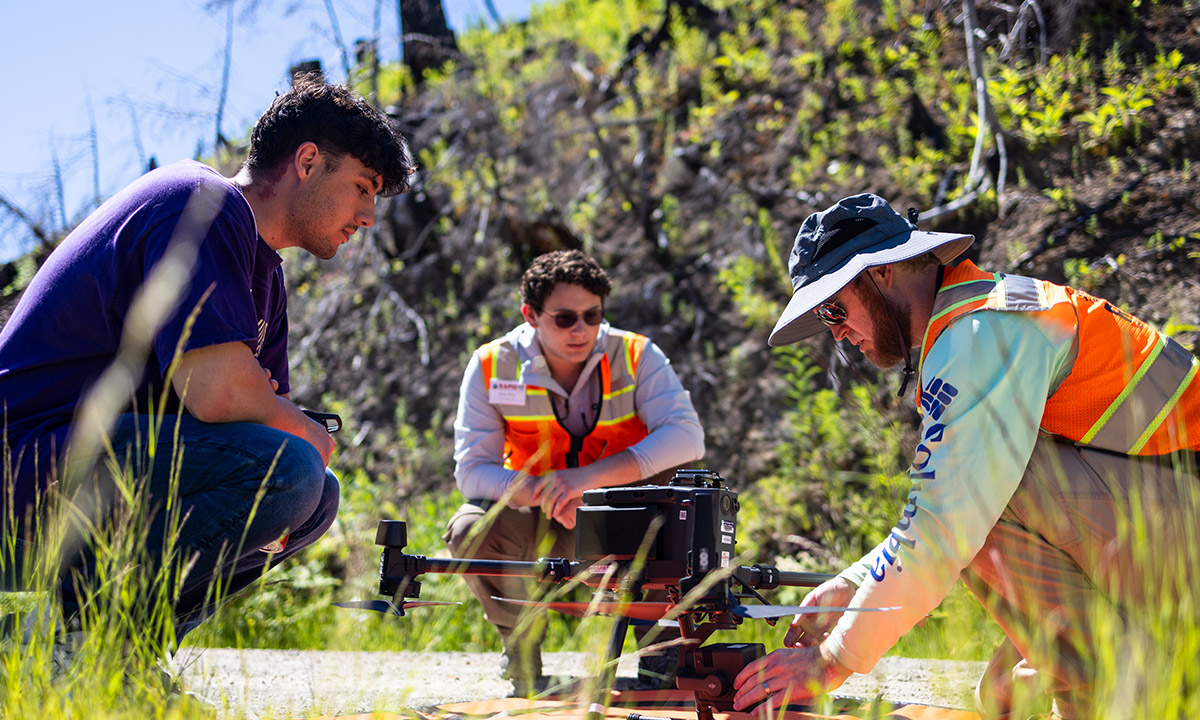
Understanding wildfires
As wildfires grow more frequent and intense, engineering researchers are developing new technologies to protect firefighters and communities from immediate and long-term dangers.
Health and medicine
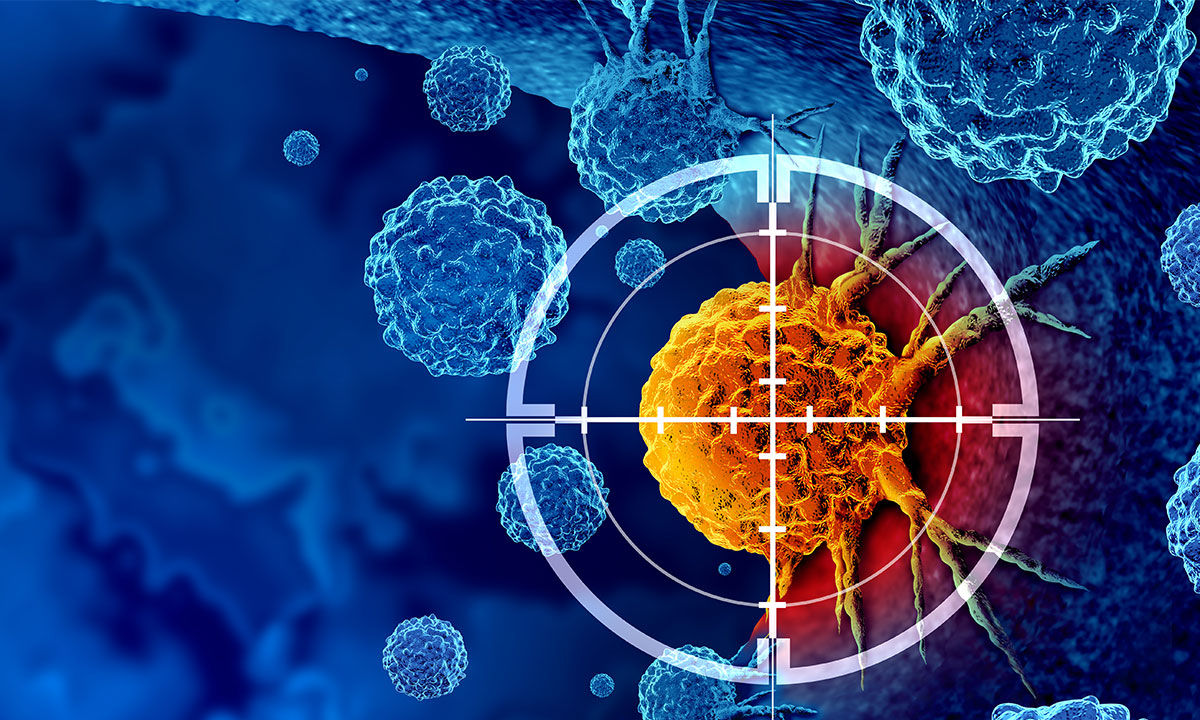
Advancing cancer treatments
Our researchers are developing cancer treatments that not only destroy tumors but also promote healing, paving the way for more effective therapies with fewer side effects.
Community
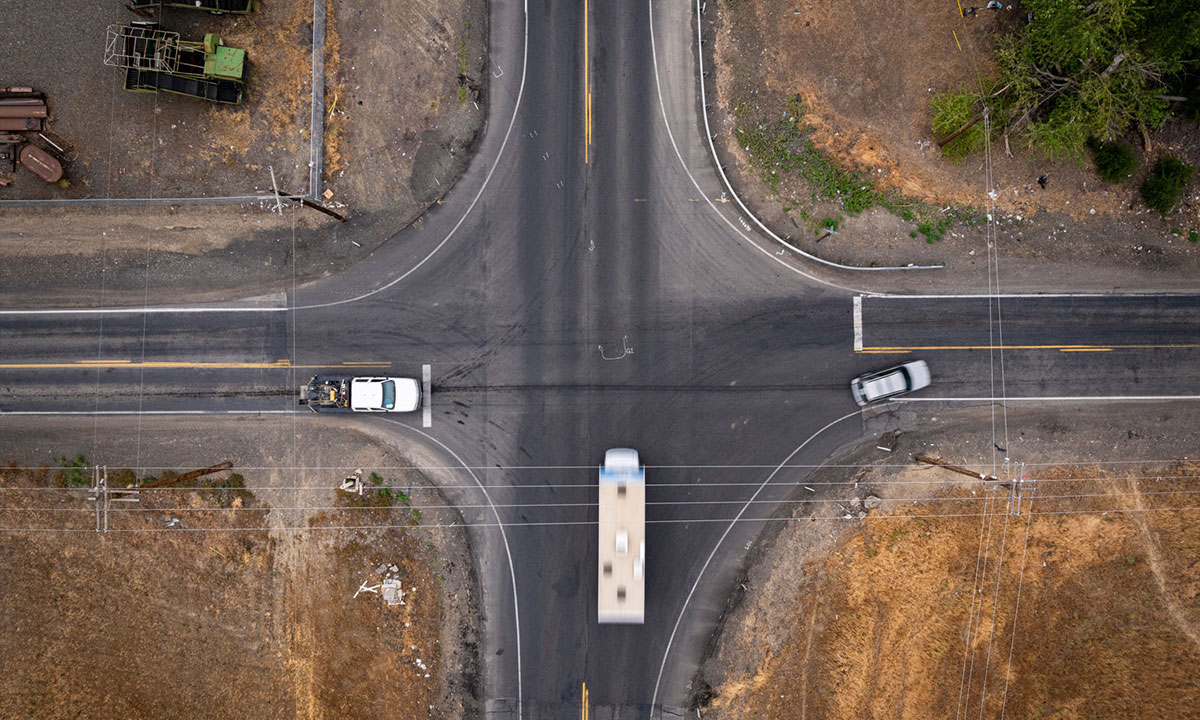
Sensing solutions
By partnering with the Yakama Nation, our engineers have developed a new sensor to make roads safer — demonstrating how community-driven solutions can improve transportation for all.
Sustainability
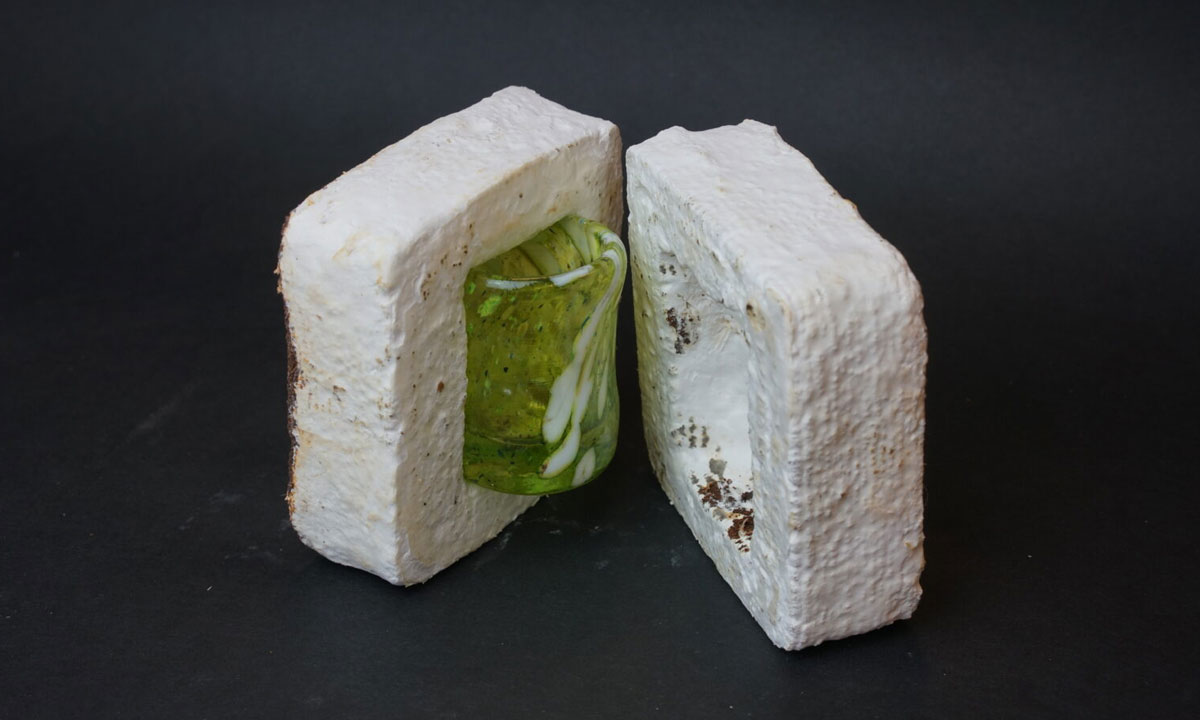
An alternative to plastics
Our researchers are transforming coffee grounds and mushroom spores into compostable materials, offering a sustainable alternative to plastics and a new way to reduce waste.
Manufacturing
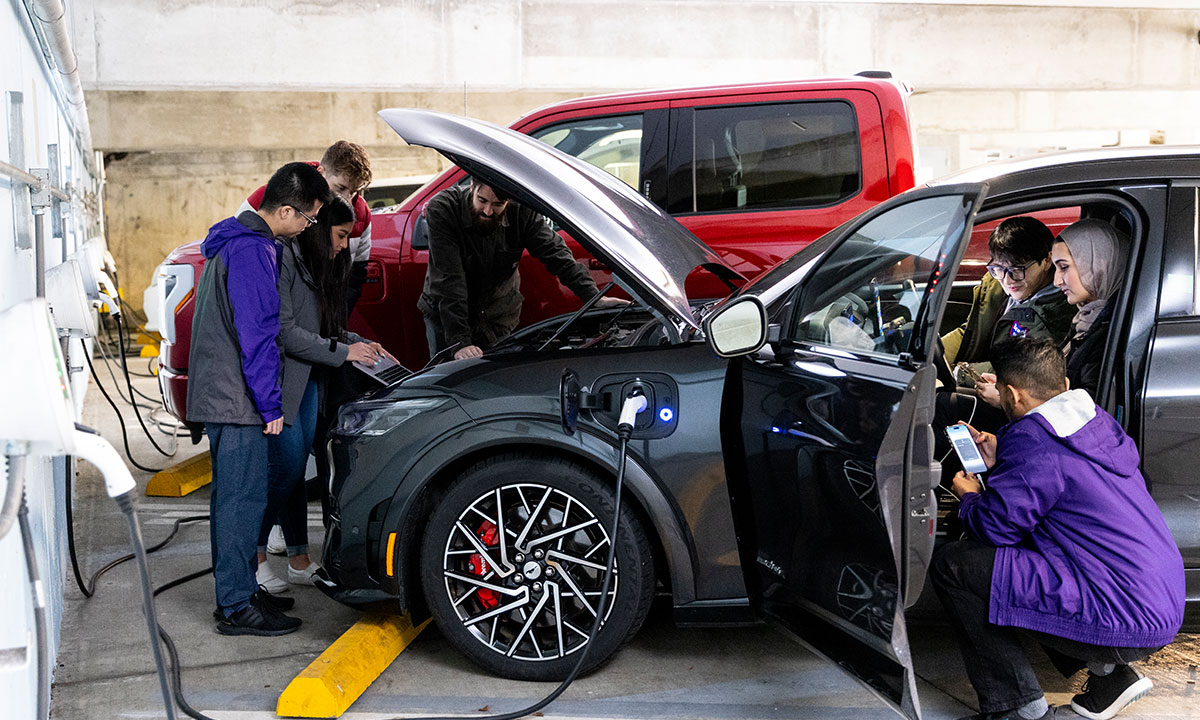
Charging up electric vehicles
By improving electric vehicle batteries and technology, our engineers are working with companies like Ford and GM to help the U.S. stay competitive in clean energy and create high-paying jobs.
Artificial intelligence
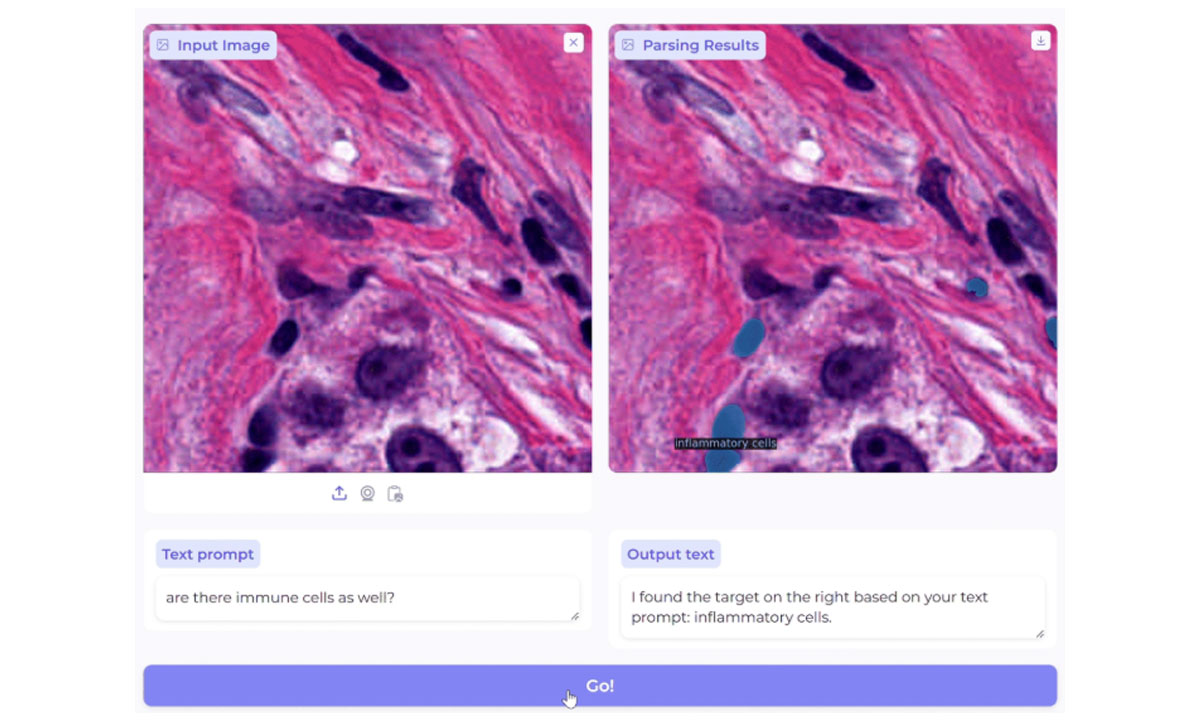
Spotting diseases with AI
Our researchers are using AI to analyze medical images and detect systemic diseases like lupus and diabetes earlier — enabling more accurate diagnoses and better patient care.
People behind the research
Meet some of our faculty who work everyday to create solutions for a healthier, more sustainable and more connected world.
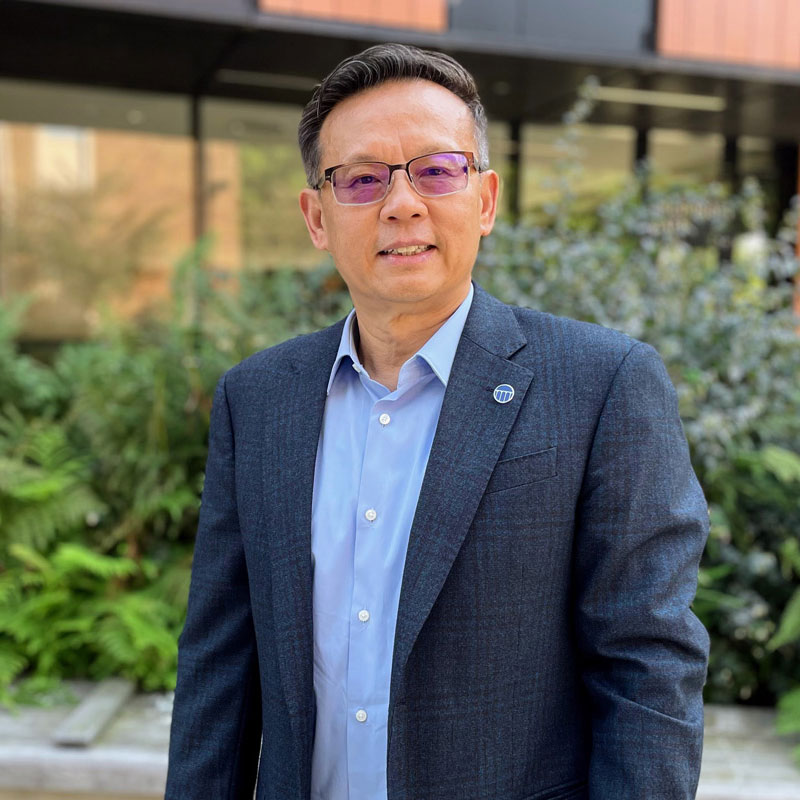
Food manufacturing
Juming Tang
Professor of Industrial & Systems Engineering and Mechanical Engineering
Frank Jungers Endowed Chair of Industrial & Systems Engineering
A globally recognized food engineer, Juming Tang has developed FDA-accepted preservation technologies that make ready-to-eat meals safer and more nutritious and have a longer shelf-life. Now, he's working to build smart food processing and distribution systems using AI-powered, decentralized processing hubs — aiming to reduce waste, save energy and deliver higher-quality food to more people.
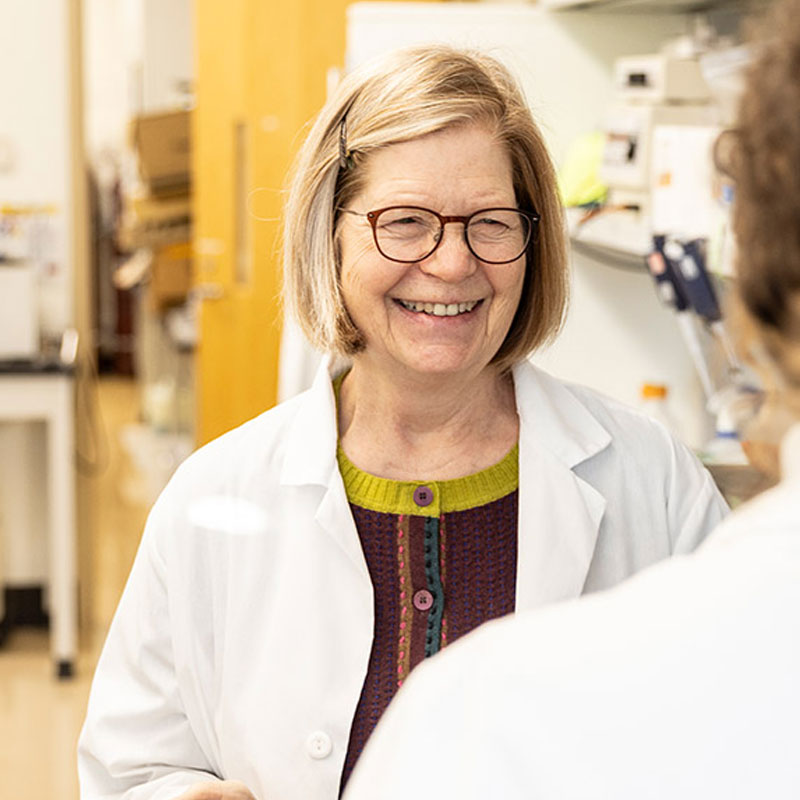
Reducing methane
Mary Lidstrom
Professor Emeritus of Chemical Engineering and Microbiology
Former UW Vice Provost for Research
A leader in microbial research, Mary Lidstrom is driving a national effort to reduce atmospheric methane using a unique strain of methane-eating bacteria. Her team is developing bioreactors that could remove the potent greenhouse gas at scale — transforming it into useful byproducts like animal feed and advancing climate solutions grounded in science.
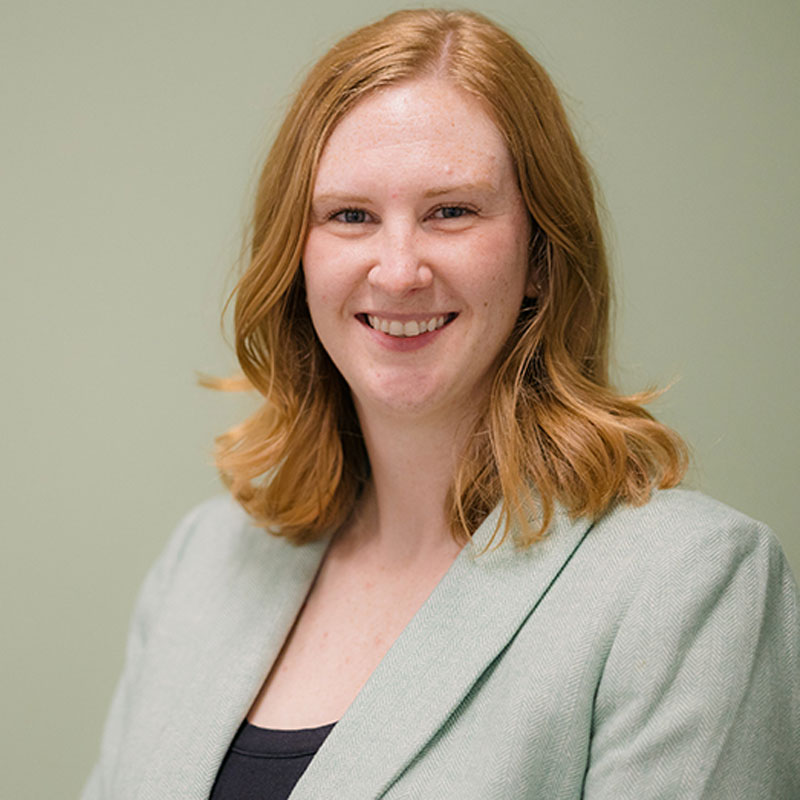
Assistive technologies
Kim Ingraham
Assistant Professor of Electrical & Computer Engineering
Kim Ingraham develops personalized, adaptive control strategies for wearable robots — like exoskeletons and powered wheelchairs — that respond to human movement. Blending robotics, biomechanics and machine learning, her work aims to enable mobility and independence for people with disabilities, especially children, by advancing assistive technologies toward real-world use.
Where ideas come to life
Visit some of the labs, centers and institutes where our researchers are pursuing solutions to improve the quality of life for all.
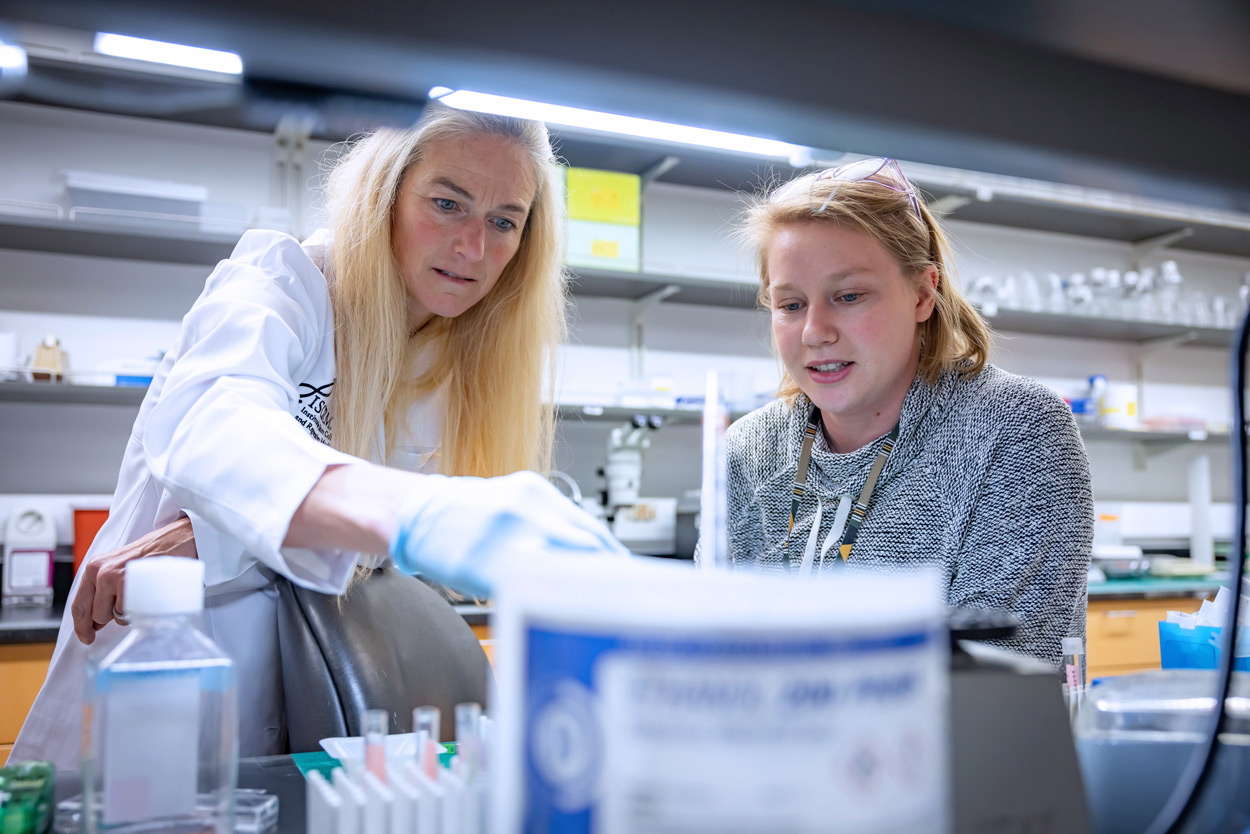
Heart health
Institute for Stem Cell & Regenerative Medicine
UW Engineering and UW Medicine researchers are unlocking the mysteries of the human heart.
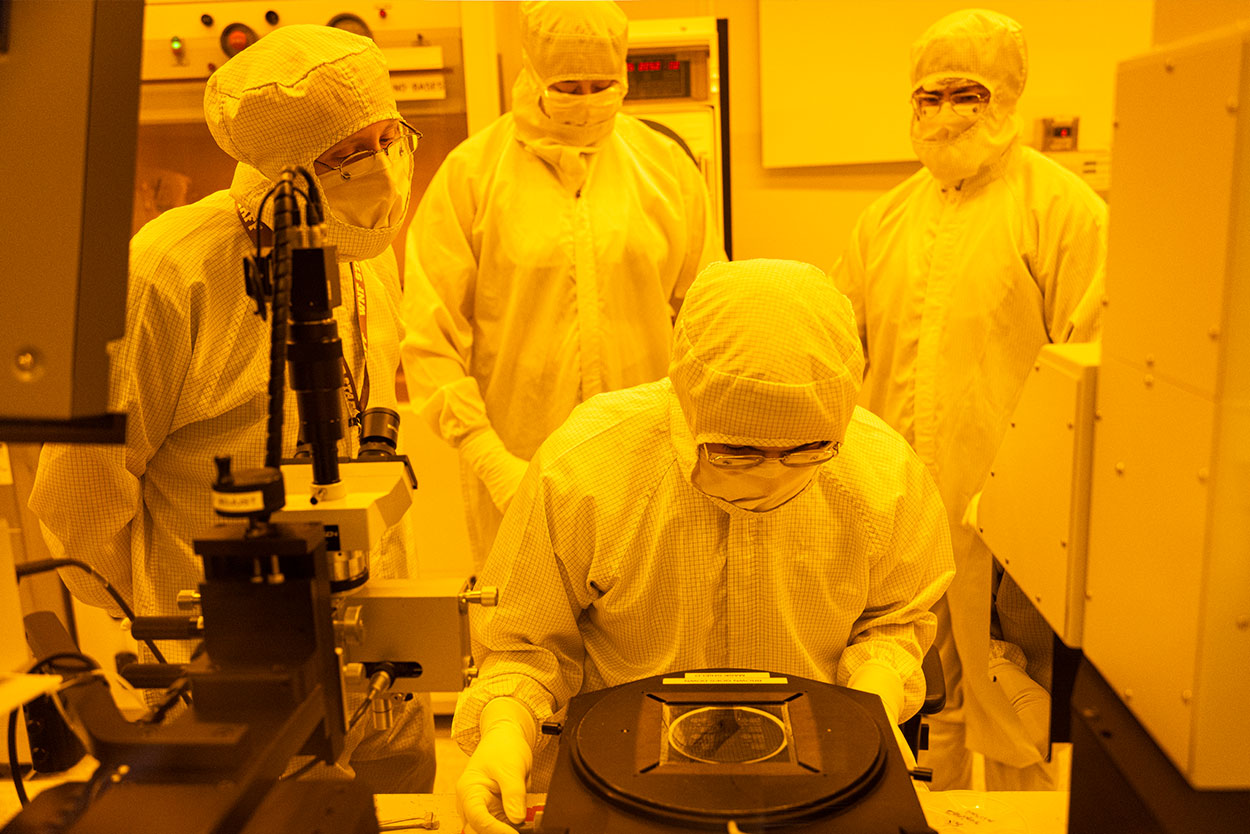
Next-generation tech
Washington Nanofabrication Facility
Step inside the Washington Nanofabrication Facility, where tiny tech is transforming research in quantum, chips, medicine and more.
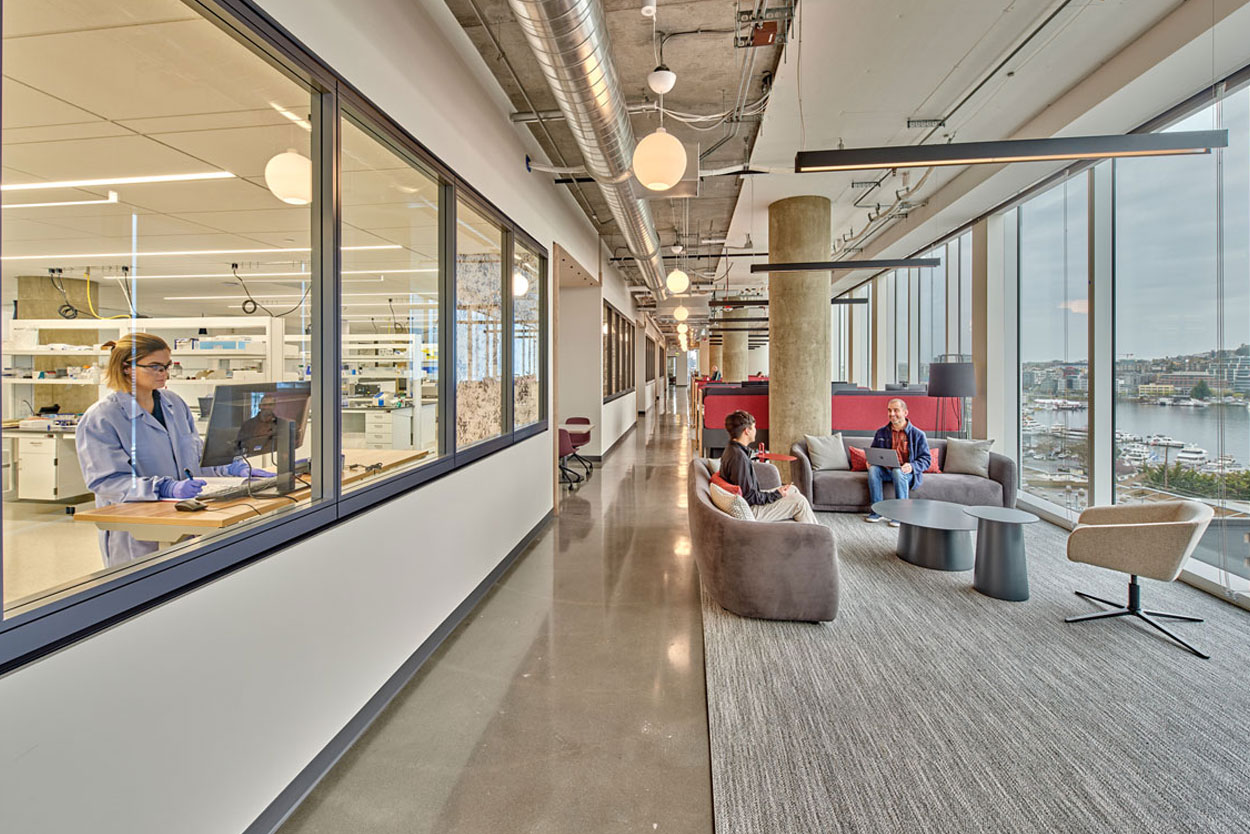
Innovation
UW CoMotion
Bioengineering Professor Valerie Daggett's quest to diagnose Alzheimer's earlier is being advanced through UW innovation hub CoMotion.
Stand for engineering research
Universities are more than educational institutions—they’re engines of innovation and economic growth. Your partnership is more important than ever. Help us drive engineering excellence for the public good.
Get involved:
- Visit UW Impact to sign up for alerts about threats to this important work
- Invest your time, talent or resources to strengthen engineering at UW
- Explore industry partnership opportunities for your organization